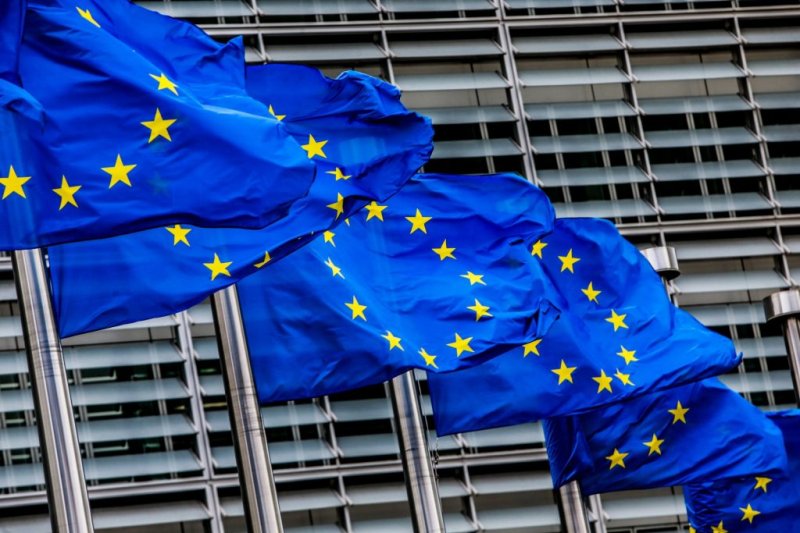Annual Monitoring Committee on the Implementation of EU Pre-Accession Funds Takes Place in Tirana
The impact and efficiency of EU funds were reviewed yesterday at the annual Monitoring Committee for the Instrument for Pre-Accession Assistance (IPA), attended by representatives from the European Union and the Government of Albania.
The European Union is Albania’s main political and trade partner as well as its largest donor, providing around €100 million in grant funds to the country each year. Since 2007, the EU has committed over €1.4 billion to various sectors including rule of law and fundamental rights, democracy and governance, transport and energy, environment and climate action, agriculture and rural development, competitiveness and innovation, education, employment and social policies, and regional cooperation.
The meeting was chaired by Ms Jona Suli, National IPA Coordinator for Albania, and Ms Sigrid Brettel, Acting Head of Unit in the European Commission’s Directorate General for European Neighbourhood and Enlargement Negotiations (DG NEAR). The event was attended by representatives of the civil society and the diplomatic community.
Participants discussed the overall state of play of more than 150 ongoing EU-funded projects in Albania under the IPA pre-accession funds. Progress and achievements were highlighted, along with strategies to improve the effectiveness, coherence, and efficiency of EU programmes in preparing Albania for EU accession, ensuring a tangible impact on institutions and citizens.
Thanks to EU funds, selected achievements in 2023 include the completion of infrastructure for 53 modernised schools, the reconstruction of cultural heritage sites, and the disbursement of a €72 million energy support package in response to the energy crisis.
Discussions were framed around Albania's national Reform and Growth Agenda for 2024-2027, which will be supported by the EU’s Growth Plan for the Western Balkans. This plan, worth €6 billion, is designed to complement IPA funds, aiming to accelerate socio-economic reforms, modernise the economy, advance technology, digitalisation, and the green transition, while also strengthening political reforms and the rule of law. The Reform and Growth Agenda, backed by EU funds, is expected to boost sustainable growth, create jobs, improve the business environment and generate new opportunities for young people in Albania.
Challenges discussed included the need to accelerate infrastructure investments and implementation under the EU-led Western Balkans Investment Framework (WBIF), to ensure Albania’s public administration has the necessary capacities for the implementation of multi-annual programmes, to intensify support for joint programmes with neighbouring countries, to improve Albania’s use of EU Programmes such as Creative Europe, Erasmus+ and Horizon Europe, as well as to ensure sound financial management of EU financial assistance. The importance of communicating the scale and impact of EU support to Albania was underlined, highlighting the need to intensify our joint communication on the benefits of the EU support to Albanian citizens. The role of the EU, as Albania’s main partner and donor, needs to be emphasised for current or upcoming flagship programmes such as the EU for Schools or the Reform and Growth Plan.
The meeting also addressed the upcoming EU assistance programme for 2024 and beyond, stressing that future programmes will aim for a stronger transformative effect on the Albanian administration, while maximising the impact on citizens.













